Help Animals Killed for Winter Gloves in 60 Seconds
Cows, geese, rabbits, sheep, reptiles, and dogs all suffer and die to become gloves.
Wash your hands clean of cruelty and discover ways to help these animals now.

How Do Animals Suffer for Fabrics?
Leather, wool, down, fur, fleece, shearling—for many consumers, these materials make up their winter gloves. But for the animals whose body parts are used to make fashion accessories, the final product comes only after a life of suffering and a horrifying, painful death.
Learn how animals suffer for each of these animal-derived materials below:
Down Wool Leather Angora Fur Exotic Skins
Down
You may know that down is used to stuff coats and ski gloves, but the way in which the feathers of ducks and geese are obtained will shock you.
Many birds used for down have their feathers yanked out of their skin, sometimes several times a year, while they’re still alive. The terrified birds are pinned down while hurried workers rip fistfuls of feathers from their sensitive skin, often plucking them so violently that they actually tear open their skin and then sew up the wounds using needle and thread—and no painkillers.
Buying down may also support the cruelty of the foie gras industry, in which birds have tubes rammed down their throats and food pumped into their stomachs in order to increase the size of their livers. Foie gras producers boost their profits by selling the feathers from these force-fed birds. No matter where it comes from, down is a product of cruelty to birds.
Athletic apparel company Lululemon refuses to drop down feathers from its lines despite knowing that birds used for down suffer on farms, primarily in China, where there are no laws regulating their treatment.
Take action below by asking Lululemon to stop selling down items.
Wool
While it may come as a shock to consumers, the truth is that sheep all over the world—from Argentina to the U.S. to Australia—are punched, kicked, mutilated, and killed in the production of wool used in shirts, sweaters, socks, coats, hats, scarves, gloves, and other items.
No matter where wool comes from, whether it’s “responsibly sourced” or from a “sustainable” farm, as retailer Patagonia had claimed, it’s the needless product of a cruel business. There is simply no way to raise and kill animals for the mass market in a humane way. To protect sheep from abuse, please refuse to buy wool.
And remember: The cruelty documented on the farm in the video isn’t unique. Similar abuse has been documented at dozens of farms and shearing sheds across the U.S. and Australia. Leaving wool out of our wardrobes is the best way to help protect gentle lambs and sheep from abuse.
Below, you can urge Patagonia and other retailers, such as Ralph Lauren, to drop all wool in favor of animal-friendly materials.
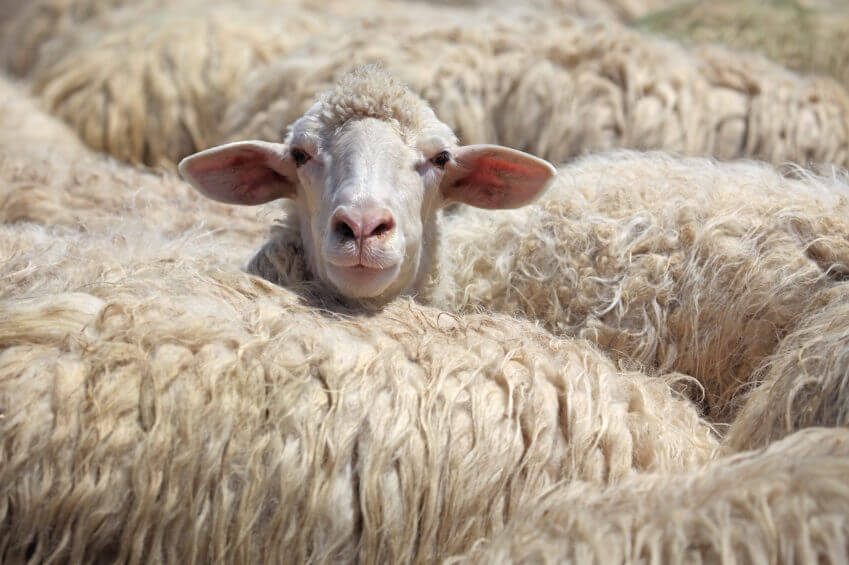
Leather
Every year, the global leather industry slaughters more than a billion animals for gloves, jackets, shoes, and other products. Most of the leather in the U.S. and Europe comes from India, China, and other countries that either have no animal welfare laws or have laws that go largely or completely unenforced.
In addition, a deeply disturbing PETA Asia eyewitness investigation revealed that dogs are bludgeoned and killed in China so that their skin can be turned into leather gloves, belts, jacket collar trim, cat toys, and other items. Products such as these are mislabeled to conceal their source and exported throughout the world to unsuspecting consumers—so if you buy leather, there’s no easy way to tell whose skin you’re really in.
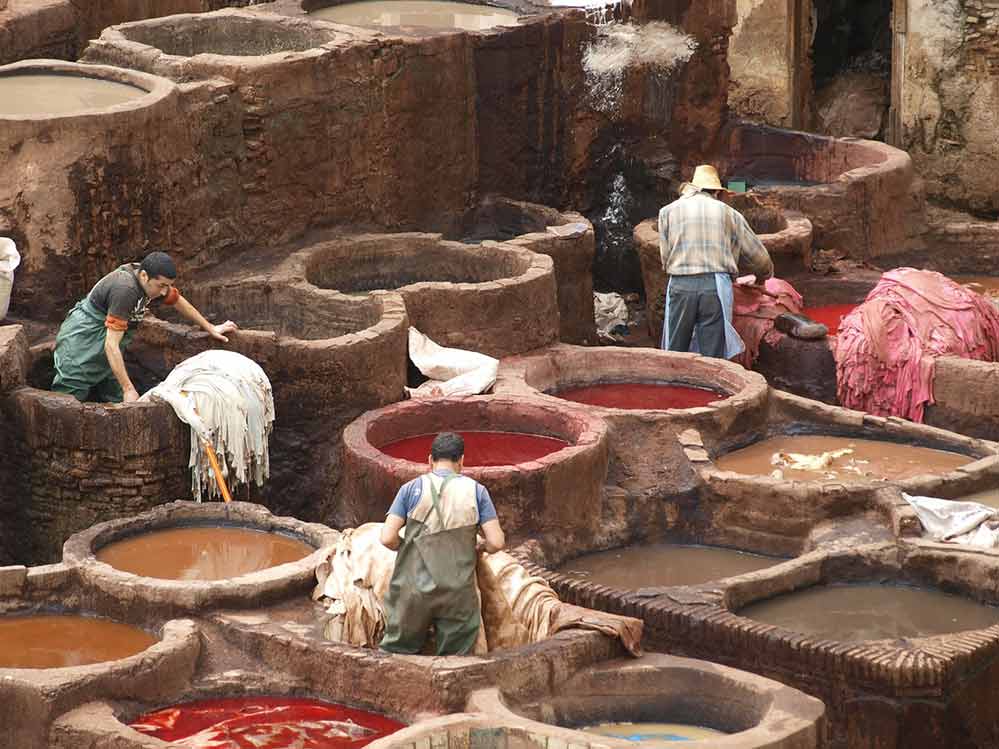
Angora
Angora rabbits have long, soft fur that is often used in sweaters and as trim on accessories such as gloves. The way this fur is obtained is jaw-dropping.
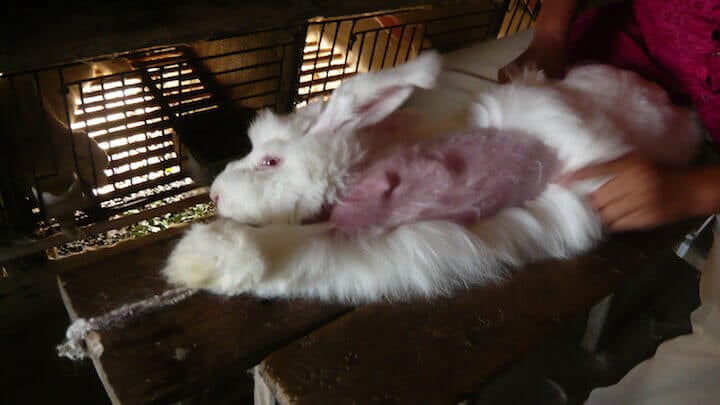
Investigators have documented that workers violently rip the fur out of the rabbits’ sensitive skin as they scream at the top of their lungs in pain. After this terrifying and barbaric ordeal, which the rabbits endure every three months, many of them appear to go into severe shock. After two to five years, those who have survived are hung upside down, their throats are slit, and their carcasses are sold.
Rabbits who have their fur cut or sheared instead of having it manually torn out also suffer: During the cutting process, their front and back legs are tightly tethered—a terrifying experience for any prey animal—and the sharp cutting tools inevitably wound them as they struggle desperately to escape.
Just like wool items, angora products are often slapped with a meaningless label intended to ease the consciences of consumers while doing nothing to alleviate the suffering of the animals themselves. PETA visited angora farms in China that were deemed “humane” by third-party auditors and discovered suffering, neglect, and cruelty beyond imagination.
After PETA exposed the cruel angora industry, more than 100 major retailers banned angora. Free People, one of the latest retailers to drop angora, agreed to stop purchasing it, but the company continues to sell its remaining surplus of angora clothing items.
Below, you can urge Free People to pull its remaining angora items from the shelves.

Fur
If you’re not already certain that fur is cruel, take a look at what animals used for fur coats and trim go through.
Fashion comapny BCBG Max Azria refuses to stop selling fur (it also sells angora items), despite knowing that many animals are stripped of their fur while they’re still conscious. BCBG sells fur from Asiatic raccoons (also known as raccoon dogs)—animals who are often slammed into the ground and beaten on fur farms. In recorded video footage from a Chinese fur farm, one skinned animal who is still alive musters the strength to lift his bloody head up to look at the camera. These animals, along with foxes and other fur-bearing animals, suffer and die so that BCBG and other retailers can turn their fur into garments and trim.
Below, you can urge BCBG to join dozens of conscientious clothiers that have dropped fur.
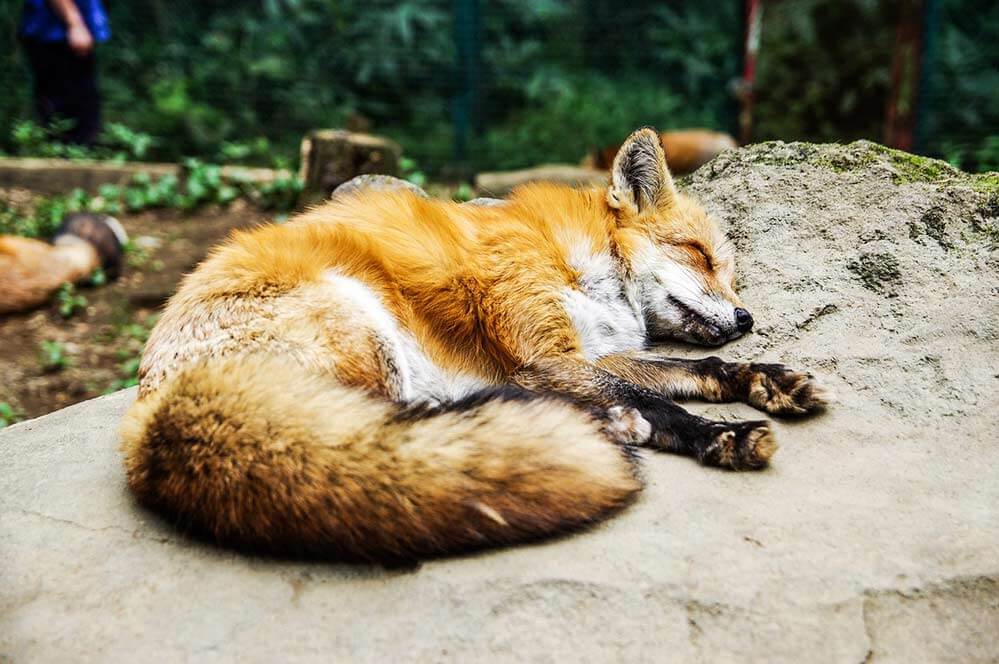
Exotic Skins
A PETA investigator documented that workers crudely hacked into the necks of some alligators and tried to scramble their brains with metal rods. Some were still conscious, flailing and kicking, even minutes after workers tried to kill them.
In Texas and Zimbabwe, PETA investigators documented the appalling conditions in which animals are raised and/or killed for the production of “luxury” exotic-skin accessories. Alligators killed by suppliers to retailer Hermès, maker of the Birkin bag, are packed in dank pools, and crocodiles are crowded inside barren concrete pits for months or even years before finally being slaughtered for their skins.
A PETA investigator documented that workers crudely hacked into the necks of some alligators and tried to scramble their brains with metal rods. Some were still conscious, flailing and kicking, even minutes after workers tried to kill them.
Snakes killed in the production of gloves and other accessories have their heads nailed to a tree and are skinned alive, tossed into a pile, and left to die—which can take hours or even days.
When you’re shopping, remember the suffering that goes into every exotic-skin glove, boot, bag, and watchband.
Below, you can demand that Hermès stop selling items made from crocodile and alligator skins.
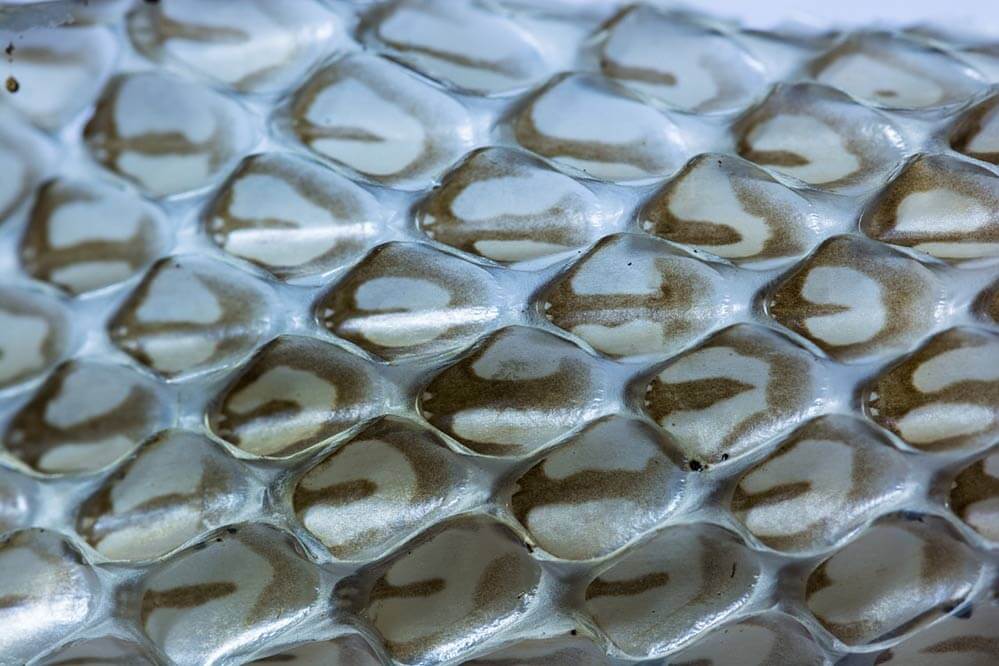
It’s Easier Than Ever to Start Wearing Vegan
Looking for somewhere to start?
Check out our How to Wear Vegan Guide and many of the helpful pages from PETA’s Living section, like 8 Awesome Alternatives to Wool, before you buy any winter accessories as a holiday gift.
Then, meet some of our compassionate PETA Business Friends:
Synthetic and plant-based fibers are a kind alternative to wearing animal-derived materials this winter, and they’re easier than ever to find.
Help Animals in an Instant!
You can let all the retailers mentioned above know that compassionate consumers don’t want to see animals tortured and killed for fleeting fashion.
Enter your name and e-mail address in the form below, and simply click “Send Message.”
The second you take action for one animal, a new opportunity to help animals will automatically appear.
Just keep clicking and make your voice heard! Once you’ve taken every action below, be sure to share this page with all your friends and family—let them know how easy it is to keep warm this winter without harming geese, sheep, cows, dogs, rabbits, reptiles, or any other animal.